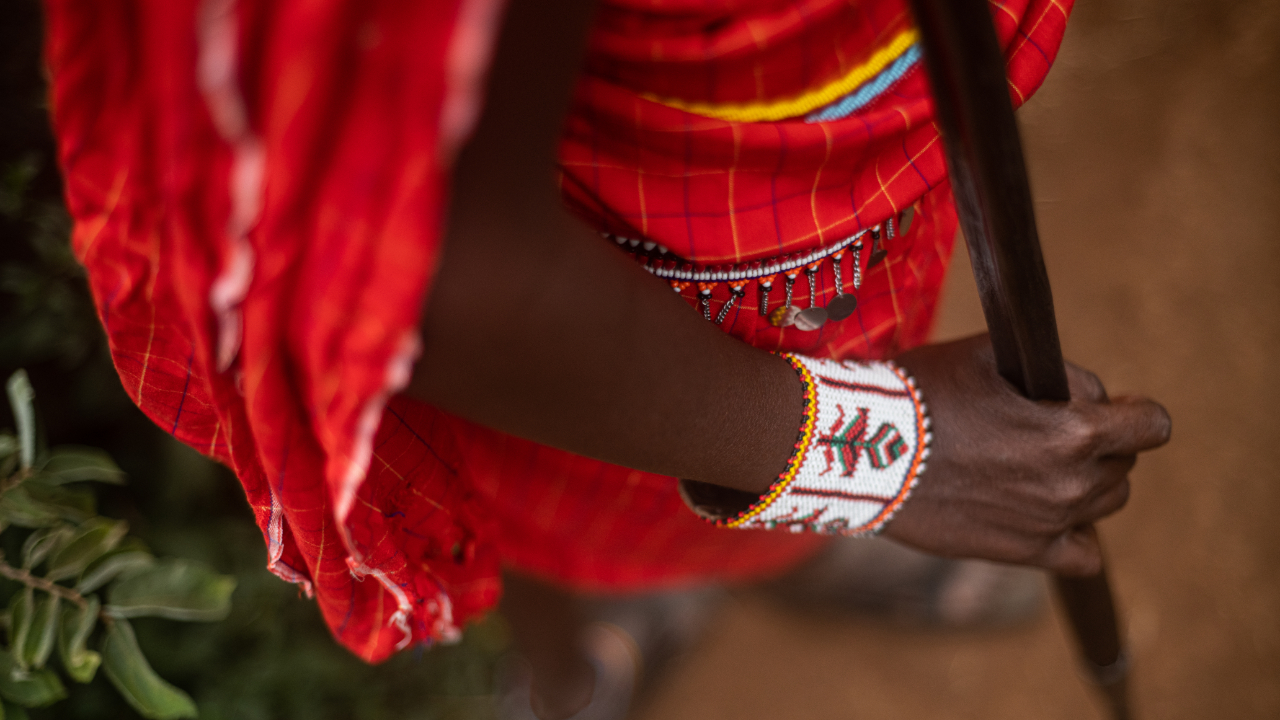 UNEP
UNEP
International Day of the World’s Indigenous Peoples -- 9 August 2020
Indigenous peoples, as resilient and sustainable societies, have contributed significantly to the protection and restoration of ecosystems, and sustainable use of biodiversity. Their traditional practices to protect and heal nature already place them as stewards of biodiversity. Their knowledge, skills and techniques are a source of valuable information for the global community, and provide critical guidance in developing biodiversity policies that will allow the world to achieve the vision of by 2050 living in harmony with nature.
The international community has recognized the close and traditional dependence of many indigenous and local communities on biological resources, notably in the preamble to the Convention on Biological Diversity. There is also a broad recognition of the contribution that traditional knowledge can make to both the conservation and the sustainable use of biological diversity, fundamental objectives of the Convention.
The Conference of the Parties has established a working group specifically to address the implementation of Article 8 (j) and related provisions of the Convention. This working group is open to all Parties and, indigenous and local communities representatives play a full and active role in its work.
Indigenous peoples’ traditional lifestyles are a source of their resiliency. However, in contemporary times, indigenous peoples are particularly affected by COVID-19 because they also face many other challenges, including extreme poverty, overcrowded housing and limited access to health services. These circumstances can make indigenous peoples more susceptible to infectious diseases, particularly new ones. Urgent measures are needed to avoid devastating effects on the world’s indigenous communities. These include:
- disseminating information in indigenous languages,
- giving indigenous peoples priority in the public health response, and
- focusing attention to their specific needs.
As humanity seeks to build a sustainable future, it is now, more than ever before, time to bring diverse knowledge systems together. The traditional knowledge of indigenous peoples and local communities, together with science, forms the best possible knowledge base for managing local ecosystems and addressing the multiple crises that we currently face.
More Information:
Traditional Knowledge, Innovations and Practices